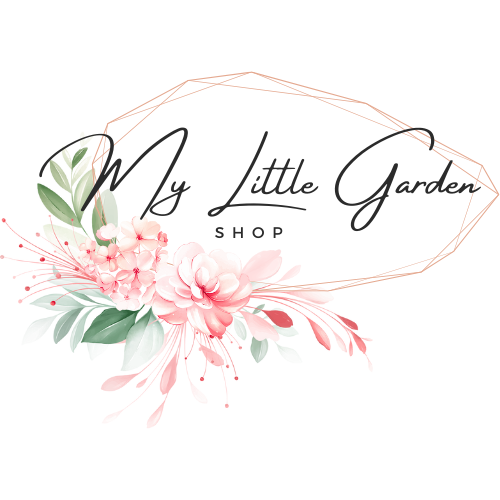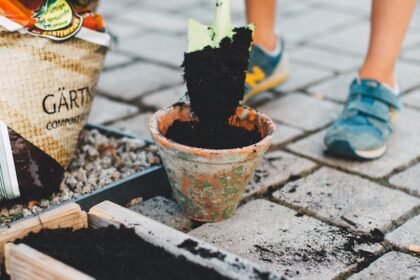Newsletter
LATEST NEWS STRAIGHT TO YOUR INBOX
My Account
Follow Us
Information


Want to have a thriving garden? Healthy soil is the key! Soil preparation and fertilization play a crucial role in the growth of your plants. By taking the time to properly prepare your soil and providing the right nutrients, you can have beautiful and healthy plants that will flourish for years to come. In this blog post, we’ll provide you with some useful tips and tricks on how to get started with soil preparation and fertilization.
Soil Preparation:
The first step in soil preparation is to remove any debris, such as rocks, twigs, or leaves, from the soil. This will ensure that the soil is free of any obstructions that could prevent your plants from growing deep roots. The next step is to aerate the soil. Aeration involves creating small holes in the soil, allowing air, water, and nutrients to penetrate deeper into the soil. You can use a garden fork to aerate the soil manually or rent an aerator machine from your local garden center. Finally, you should add organic matter to the soil. Compost, grass clippings, and leaves are excellent sources of organic matter that can be added to the soil to increase fertility and improve soil structure.
Fertilization:
Different plants require different nutrients to grow properly. Nitrogen, phosphorus, and potassium are the three main nutrients that plants need, but each plant has different requirements for each nutrient. Before fertilizing your plants, you should determine what nutrients your plants need. You can do this by testing the soil or by researching the specific needs of the plants you’re growing. Organic fertilizers, such as compost, manure, and bone meal, are great options for those who want to avoid using chemical fertilizers. However, if you prefer chemical fertilizers, be sure to follow the instructions carefully, as too much can be harmful to your plants and the environment.
Timing:
The timing of fertilization is just as important as the type of fertilizer you use. Different plants require different timing for fertilization, so it’s important to research the specific needs for the plants you’re growing. Generally, it’s best to fertilize your plants in the spring and early summer, as this is when they are actively growing. Avoid fertilizing your plants in the fall, as this can cause new growth that may be damaged by winter weather.
Composting:
Composting is a great way to enhance soil fertility, reduce waste, and save money on fertilizers. Compost is a natural fertilizer that enriches the soil with nutrients and microorganisms. To start composting, you need a compost bin or pile, yard waste, and kitchen scraps. Proper composting involves layering brown materials, such as leaves and paper, with green materials, such as kitchen scraps and grass clippings. You can also add garden soil or compost starter to speed up the composting process. Once the compost is ready, you can mix it into the soil or use it as a top dressing for plants.
Natural Fertilizers:
If you want to avoid using chemical fertilizers, there are several great options for natural fertilizers. Animal manure, bone meal, blood meal, and fish emulsion are all excellent sources of nutrients that can be added to the soil. However, it’s important to use natural fertilizers in moderation, as too much can be harmful to your plants and the environment. Additionally, you should always research the specific needs of the plants you’re growing before adding any type of fertilizer to the soil.
Preparing the soil and fertilizing your plants may seem like hard work, but the end result is worth it. By investing time and effort into soil preparation and fertilization, you can enjoy beautiful and healthy plants that will thrive for years to come. Remember to remove debris, aerate the soil, and add organic matter for soil preparation. Test the soil or research the specific needs of your plants for fertilization. Be sure to follow instructions on fertilizers and use them at the appropriate time. Composting is a great way to enhance soil fertility naturally. Finally, natural fertilizers can be a great alternative to chemical fertilizers but always use them in moderation. Happy gardening!
It’s appropriate time to make some plans for the long run and
it’s time to be happy. I’ve learn this post and if I could I wish to counsel you some attention-grabbing issues or advice.
Maybe you can write next articles referring to this article.
I wish to read even more issues about it!
I’ve been browsing on-line more than three hours today, yet I never
found any interesting article like yours. It’s beautiful price sufficient for me.
In my opinion, if all web owners and bloggers made just right
content as you probably did, the internet shall
be a lot more useful than ever before.